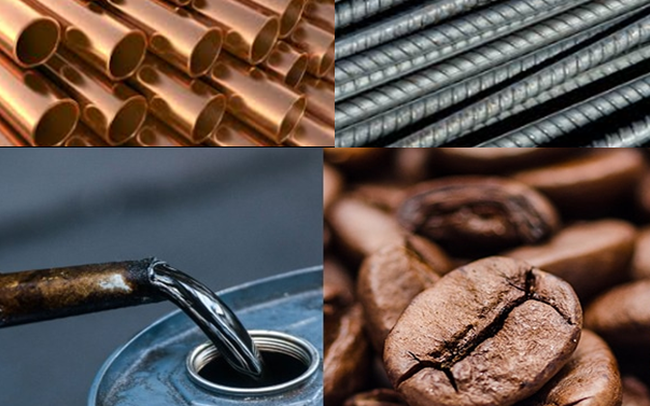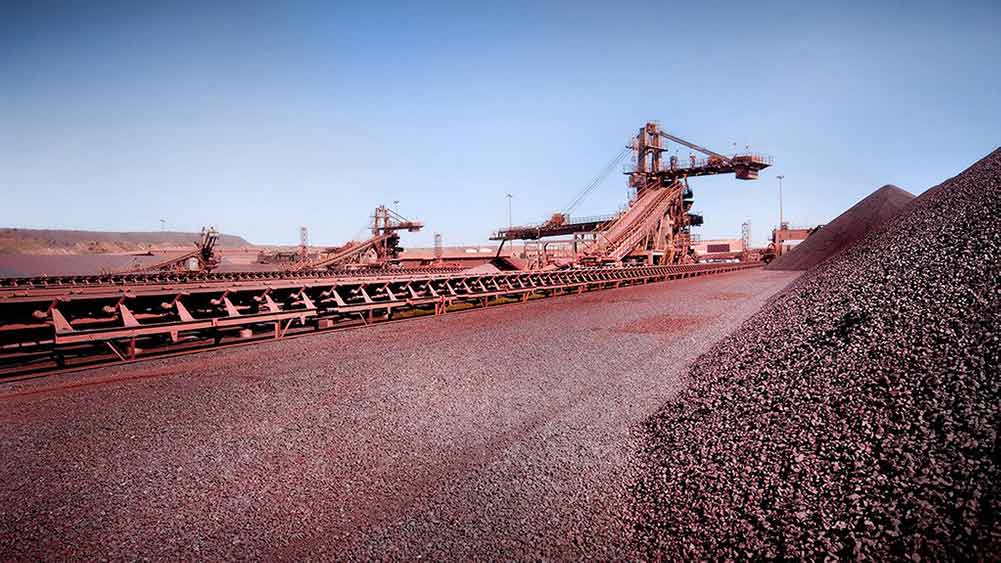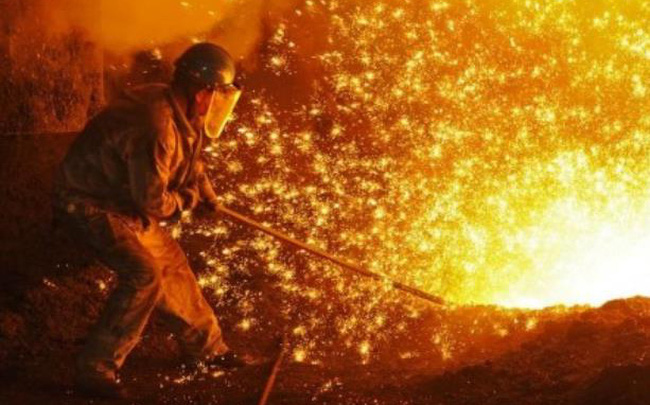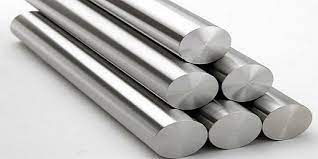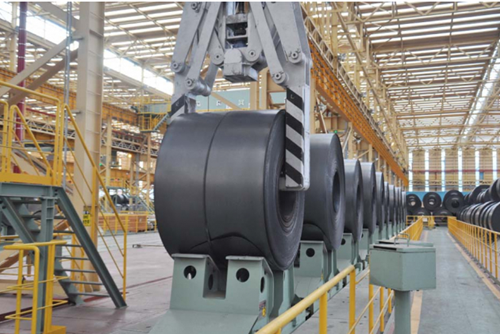Iron ore rose with the Dalian ore contract at one point rising 5.4% after falling for three consecutive days, as supply worries boosted prices of the steelmaking raw material.
The price of iron ore for September delivery on the Dalian Commodity Exchange closed up 4% to 1,175 yuan ($183.78) per ton, while the session rose to 1,191.5 yuan.
Iron ore in Singapore increased 1.5% to 203.65 USD/ton. Iron ore prices rose despite China’s state planning agency pledging to step up monitoring of commodity prices and markets.
Concerns about iron ore supply in China also boosted spot prices, with 62% Fe iron ore rising to $209 a tonne on June 8, the highest since May 19, according to the company. SteelHome data consulting.
Iron ore inventories at Chinese ports fell to 127.65 million tonnes last week, the lowest since February 5, while imports fell from last week and a year ago.
Shipments from top iron ore miner Rio Tinto are falling, while Brazil’s Vale SA interrupted production at two mines due to safety concerns, reducing output by about 40,000 tonnes a day.
On the demand side, some analysts say the outlook for China’s steel products remains bright despite the trade data for May, as a solid global economic recovery is likely to boost exports. imports from China.
Bar in Shanghai rose 1.3%, while hot rolled coil increased 2.1%. Stainless steel increased 2.1%.
Construction companies that do not have a contractual clause on rising costs are struggling, according to the Malaysian Association of Professional Builders, which represents more than 1,000 members. This association is asking the Malaysian Government for help to overcome the “price storm” of materials.
“Now is the time for contractors who have been locked in the price of construction materials before to feel the impact of the price increase,” the association’s president, Sufri Hj Mhd Zin, told Bloomberg news agency. “Rising material prices is not good for the construction industry, whether it’s manufacturers, suppliers, contractors, investors, or residents.”
This material price hike is adding cost pressure to the entire construction and real estate industry in Malaysia, as the government struggles to revive an economy stricken by a new wave of Covid-19. On Sunday, the number of new infections in Malaysia set a record of 7,000, prompting the government to implement new restrictive measures.
In addition, the price of materials also skyrocketed right when the Malaysian Government considered restoring large-scale infrastructure projects and spent a record 69 billion Ringgit, equivalent to 17 billion USD, for infrastructure development. floors in the 2021 budget.
An index measuring the share prices of Malaysian construction companies fell about 9% this May, the most since January. Gamuda shares – Malaysia’s largest property developer by market capitalization – fell decrease 12; shares of IJM Corp. down 12%; shares Kerjaya Prospek Group Bhd. down 8.9%.
Mr. Sufri said that the Malaysian construction industry has asked the Government to include a provision on material price fluctuations in projects to protect contractors from price increases. From last September to March this year, the price of 10mm T-shaped steel, a key material used in the construction industry, increased by 30% in Malaysia.
However, some construction companies do not think that steel prices will increase for a long time. China’s efforts to reduce raw material prices have more or less worked, dragging down aluminum, steel and iron ore prices.
Steel prices may increase until the end of this year and then the market will balance. “I don’t think prices will go up for much longer,” said Tee Eng Ho, President of Kerjaya Prospek.
Source: VITIC/Reuters
T&G International Joint Stock Company
Address: 352 Hue Street, Le Dai Hanh Ward, Hai Ba Trung District, Hanoi
Hotline: 0345786803
Email: hrm@tginterjsc.com
Website: http://tginternationaljsc.com



